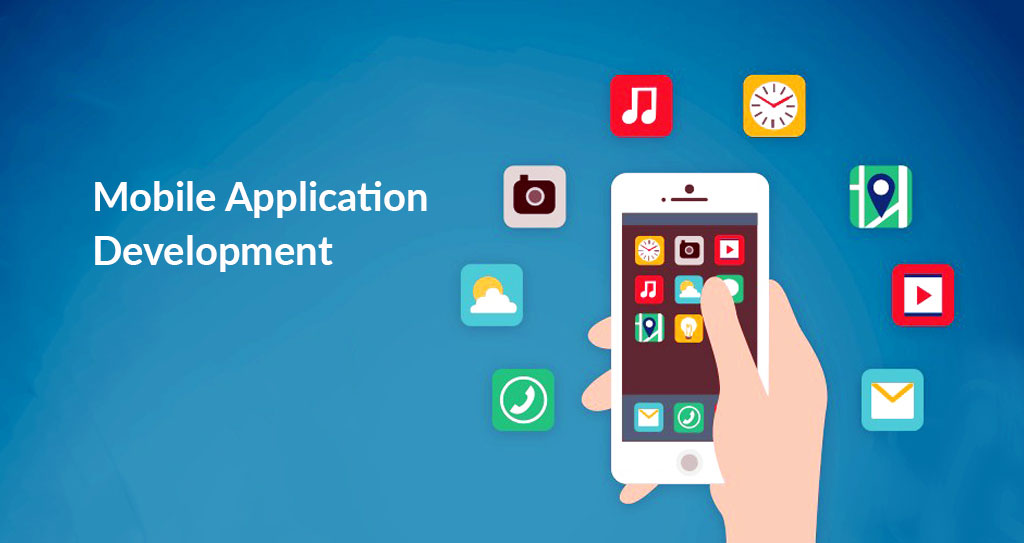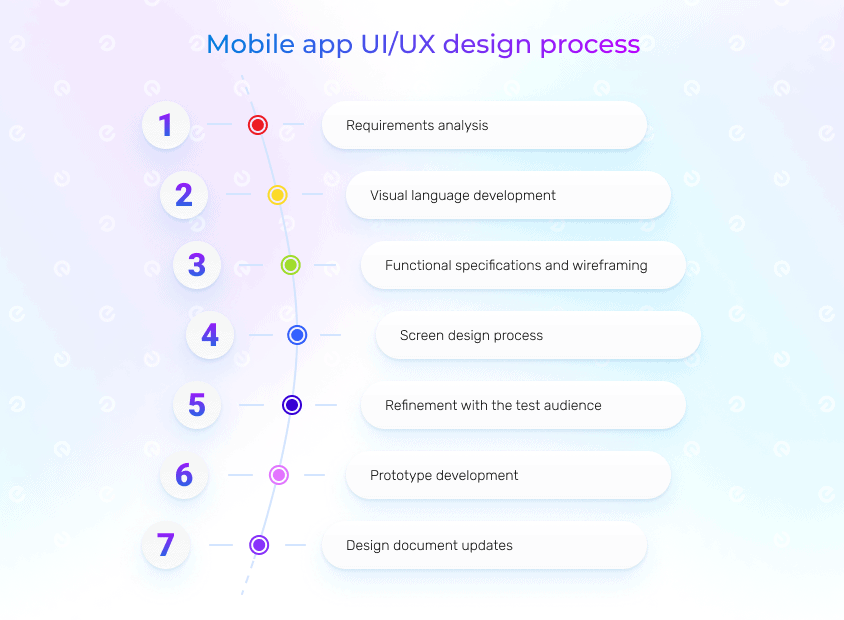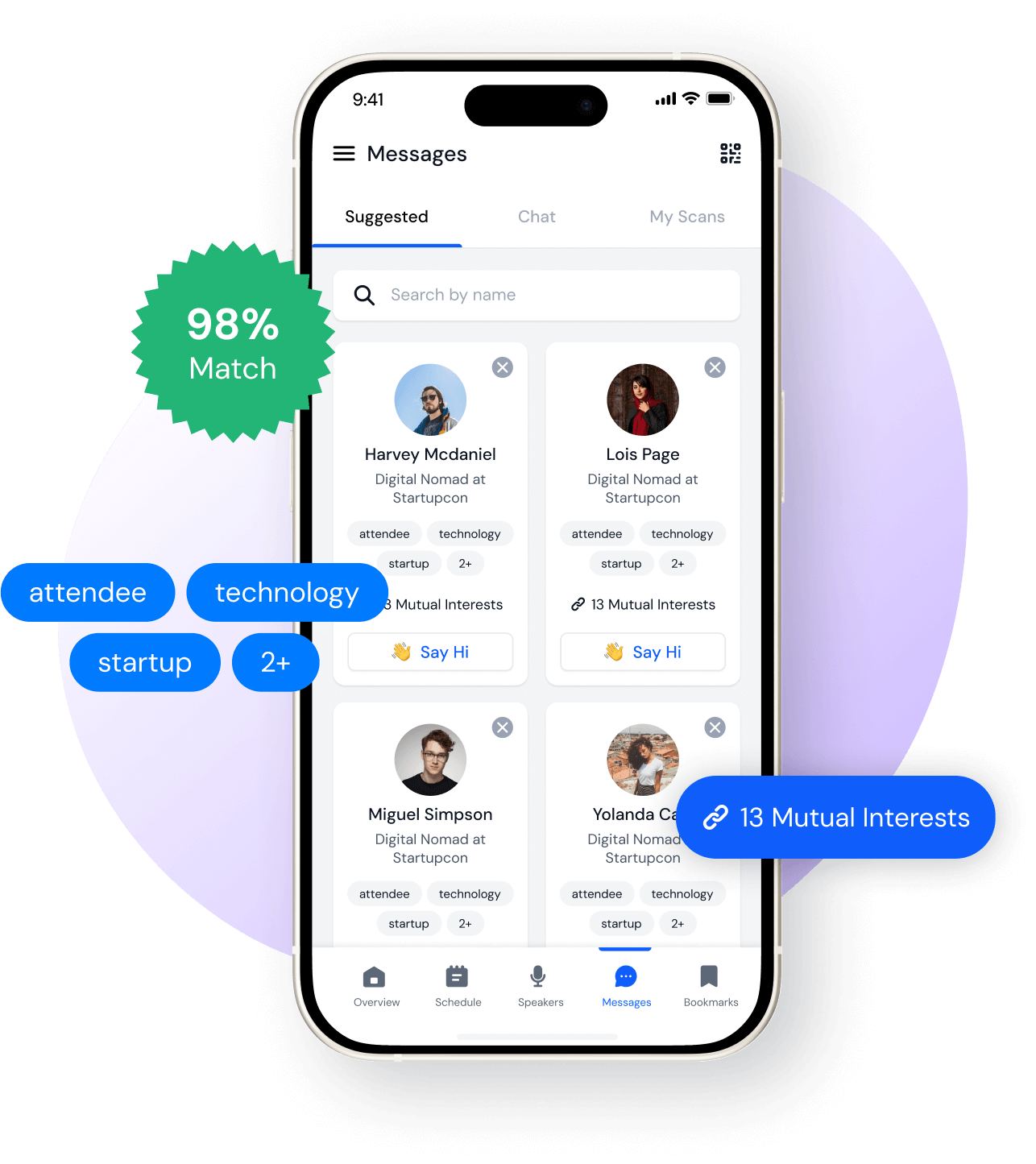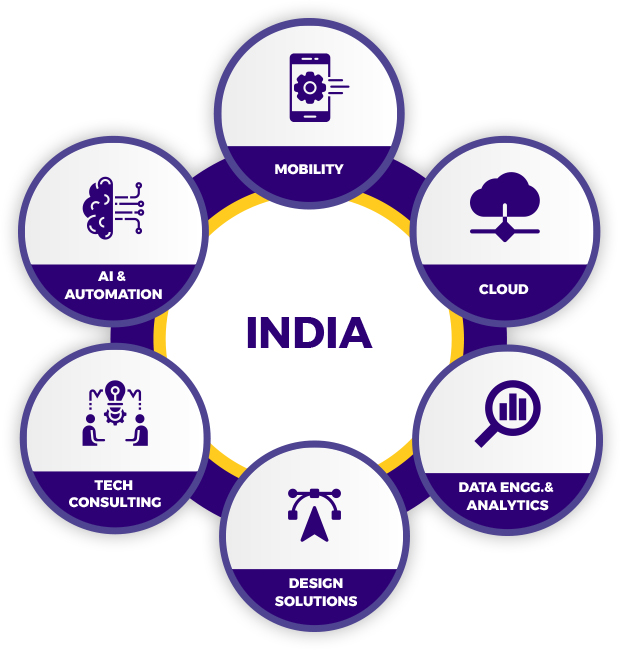
Mobile app development focuses on creating software applications specifically designed to run on mobile devices such as smartphones and tablets. There are two primary platforms for mobile app development: iOS (Apple's operating system) and Android (Google's operating system). Each platform has its own development tools, programming languages, and guidelines.
iOS App Development:
Android App Development:
Key considerations in mobile app development include:
Responsive Design: Mobile apps should be designed to adapt to various screen sizes and orientations to provide a consistent user experience across different devices.
Performance Optimization: Mobile apps should be optimized for speed, responsiveness, and battery efficiency to ensure smooth performance on resource-constrained devices.
Offline Capability: Incorporating offline functionality allows users to access certain features and content even without an internet connection.
Push Notifications: Integrating push notification services enables apps to deliver timely updates, alerts, and personalized information to users.
Integration with Device Features: Mobile apps can leverage various device features, such as GPS, camera, accelerometer, and fingerprint scanner, to provide enhanced functionality and user experiences.
App Analytics: Incorporating analytics tools helps track user behavior, measure app performance, and gain insights for further improvements and updates.
 Mobile App Development Company in Delhi | Android & iOS App Developers – Oprezo India
Mobile App Development Company in Delhi | Android & iOS App Developers – Oprezo India
 Best CRM Software Development Company in Delhi NCR Oprezo India
Best CRM Software Development Company in Delhi NCR Oprezo India
 Dating App Development Company in India | Oprezo India
Dating App Development Company in India | Oprezo India
 Gaming Development Company in India | Mobile & Online Games – Oprezo India
Gaming Development Company in India | Mobile & Online Games – Oprezo India
 Happy New Year 2026 | Oprezo India All Services 25% Off
Happy New Year 2026 | Oprezo India All Services 25% Off